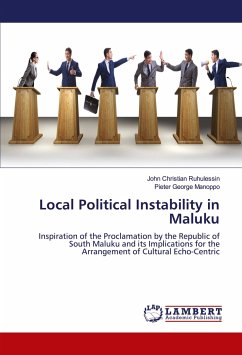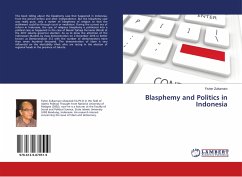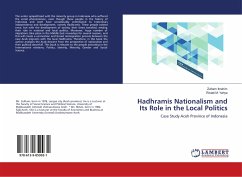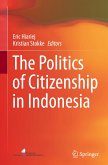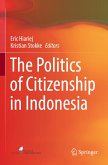Military intervention in Indonesian politics raised significant opposition from many sections of the community. This opposition emerged from the very time the New Order came to power, and even from before the creation of the dwifungsi doctrine in 1958. The ultimate aim of the opposition was to bring the military back to the barracks. This study focused on this issue by analysing the discourse on military withdrawal from politics in Late New Order Indonesia. In today's Indonesia, this country is under a civilian rule. A considerable amount of research has been conducted on the issues of democratisation, a changing authoritarian rule to democratic one, the current position and role of the military in a democratic regime, and so on, which were caused by-to a large extent-a military withdrawal. However, there exists a missing body of knowledge on the issue of military withdrawal, particularly that of before the "action" of military withdrawal taking place in contemporary Indonesia. This book attempts to fill the gap.


